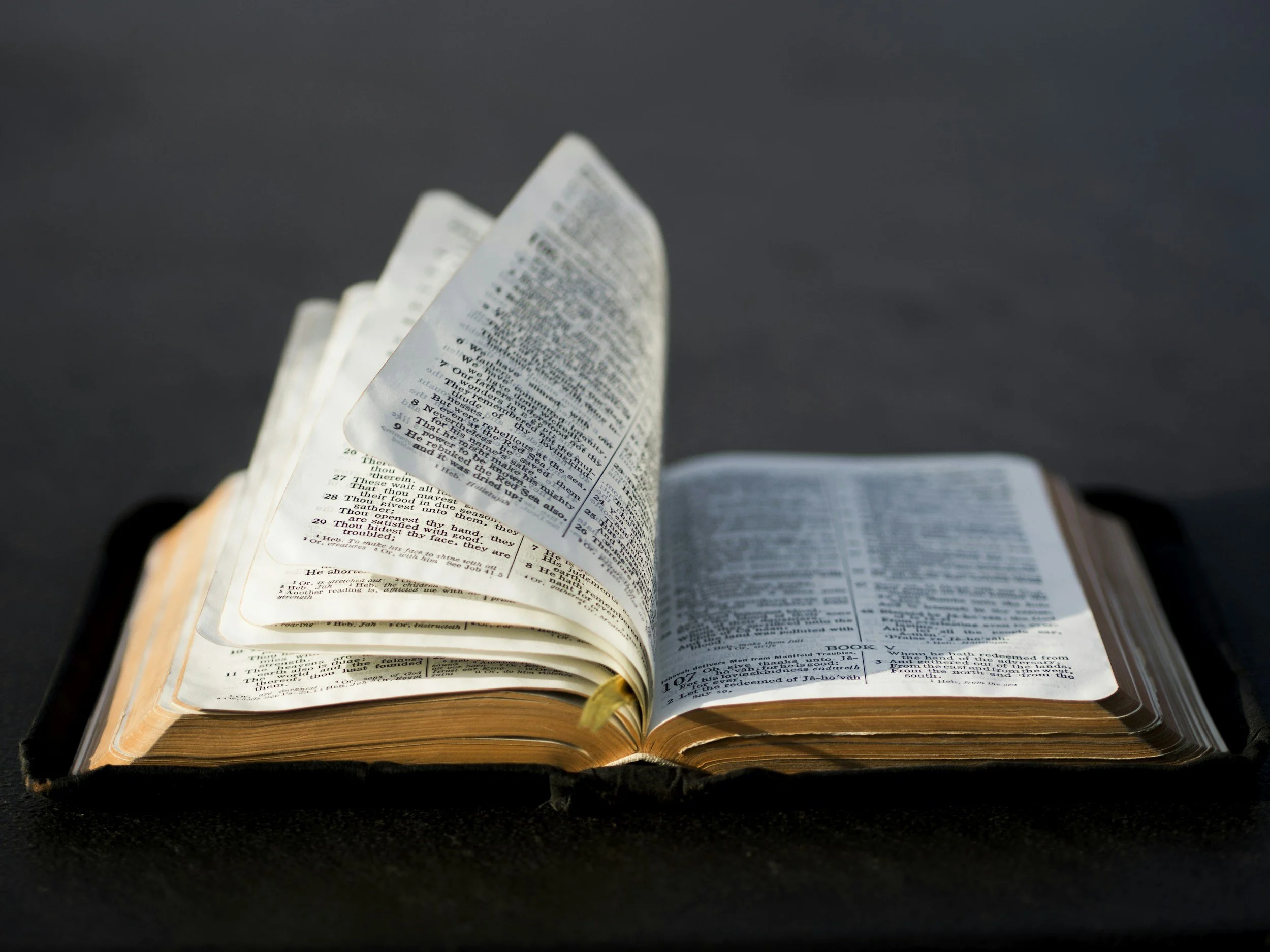By Jim Stack
I have, at times, been the subject of some nasty personal comments about my religion, especially when I post online comments. Nothing remarkable in that – many other Catholics in Ireland these days would have experienced the same thing. I mention this here because, in my case, the gist of the nastiness was that, in opposing abortion, I was trying to impose my Catholic beliefs on others.
For the record, being Catholic is such a big part of my identity that I simply take for granted that my views on abortion, like my views on most things, are bound up with my being Catholic. I know that many non-Catholics share my pro-life views, and I warmly welcome that, but for me personally there is definitely a link with my religious beliefs.
It is only logical, however, that the same might be true of many people at the other end of the religious spectrum from me, and that is what I focus on in this article. There has been a lot written in the media (most of it nonsense when it comes to 21st Century Ireland) about the political influence of Catholicism, but practically nothing about the political influence of Atheism.
Perhaps this article will be the start of a discussion on this issue.
I have met precisely three atheists (I use the term broadly) who voted against repeal of the Eighth Amendment in 2018.
One is a member of Aontú, who explained to me that, precisely because he believes in this life only, he regards life as a priceless gift and could not countenance depriving anyone of it. Another is a woman I met when canvassing, who said she was a science teacher, with no time for religion, but she opposed abortion precisely because of the science - she knew it was nonsense to argue that anywhere in the continuum from conception to death it is not a human life. The third, well known to me, told me before the abortion referendum that he had no intention of removing this protection from the Constitution, in order to confer the power of life and death on any group of politicians, whom he did not trust at all.
Three people, all identifying as atheists, but giving three completely different reasons for voting No in the referendum. My first reaction was that this was odd in itself, because the impression I have of atheists is that they see themselves as rational, and I would have expected all of them to have arrived at the same conclusion broadly by the same route, but this was not the case.
On reflection, however, I was able to explain it to myself, thinking about it in a way that is akin to, say, Euclidean geometry: start with the axioms, the things assumed to be true, and arrive at the theorems, the conclusions, by arguing logically from the axioms. These three people, who had one axiom in common, their belief in the non-existence of God, had started with three different additional axioms:
(a) there is only this life and it is precious
(b) a human being is a human being at all stages of development, and
(c) politicians are not trustworthy.
All three were rational in their approach, they just started in different places. Much as I myself started from the belief that we human beings are created by a loving God, and therefore I naturally arrived at the same pro-life conclusion.
But these three would be surprised, I think, to find out just how much they are in a minority among fellow atheists. It certainly surprised me, when I came upon the following information in the RTE Exit Poll taken on the day of the abortion referendum in 2018. Just two-thirds of people in the actual referendum voted for repeal, but those in the Poll who identified as atheist voted for repeal in much, much larger numbers than this, well over 90%. More than 90% of another category of voters, those who described themselves as “spiritual but not religious”, also voted Yes, and more than 80% of agnostics.
I am inclined to conclude from these data that there must be something about atheism, and about lack of religious belief generally, which inclines its adherents towards a pro-abortion position. Why else would they be so much out of line with everyone else in the country, on so important and so basic an issue? In the terminology I used earlier, they appear to be starting from different axioms than the rest of us.
Judging by a large number of letters published by the Irish Times prior to the abortion referendum, I am inclined to think that, for many atheists, their axioms had a lot to do with the concept of self-sufficiency. Adult women were regarded as autonomous beings entitled to make their own decisions without reference to anyone else’s rights; their offspring in the womb were regarded as having no rights at all because they were not yet independently-functioning human beings. Perhaps that is an axiom for the vast majority of atheists: the more dependent you are on others, the less rights you have?
That may be wrong, and atheists who voted to legalise abortion may have had the same variety of reasons as the three atheists above who voted the other way. But it seems plausible to me that there must be something inherent in atheism to make so many of them go in the one direction.
Of note, on the Atheist Ireland website, under Affiliations, that organisation describes itself as “Proud Member of the Coalition to Repeal the Eighth Amendment” and “a member of the National Women’s Council of Ireland”.
That could hardly be clearer.
Yet it was notable during the abortion referendum that the media expected Catholicism to be the major influencing factor associated with voting behaviour. On a crucial referendum Prime Time programme in 2018, for example, literally the only participant who was quizzed (by David McCullough) about his religious beliefs was Senator Rónán Mullen, well-known to be Catholic.
No atheist was similarly challenged. They seldom are.
But look at what happened in the actual referendum. When less than 40% of Catholics voted against legalising abortion, but more than 90% of atheists voted for it, it seems obvious to me that the media were looking in the wrong direction.
In the 2020 U.S. presidential election, about half of Catholics in the US voted for Trump, a non- Catholic, and half voted for Biden, a Catholic but seen as pro-abortion, and this received a lot of media attention at the time. But here, too, no one in the media seems to have asked the question: for whom did the atheists vote? The way the 2024 election is shaping up, something similar is happening: there is already a lot of media focus on JD Vance’s Catholicism, but
Kamala Harris’s long history of antipathy to religion hardly gets mentioned, outside of sites such as Catholic Arena.
One final, and rather sinister example. In 2023, here in Ireland, 67 TD’s voted for amendments to the existing abortion legislation that will lead to the most extreme abortion regime imaginable, if enacted. Abortion will be decriminalised, the 3-day reflection period will be abolished, and abortions will be permitted right up to birth.
How many of those 67 TD’s were atheists? No one in the media thought to ask.




Restore God’s Kingdom reflect on the latest terrible statistics emerging from the Open Doors Watch List.